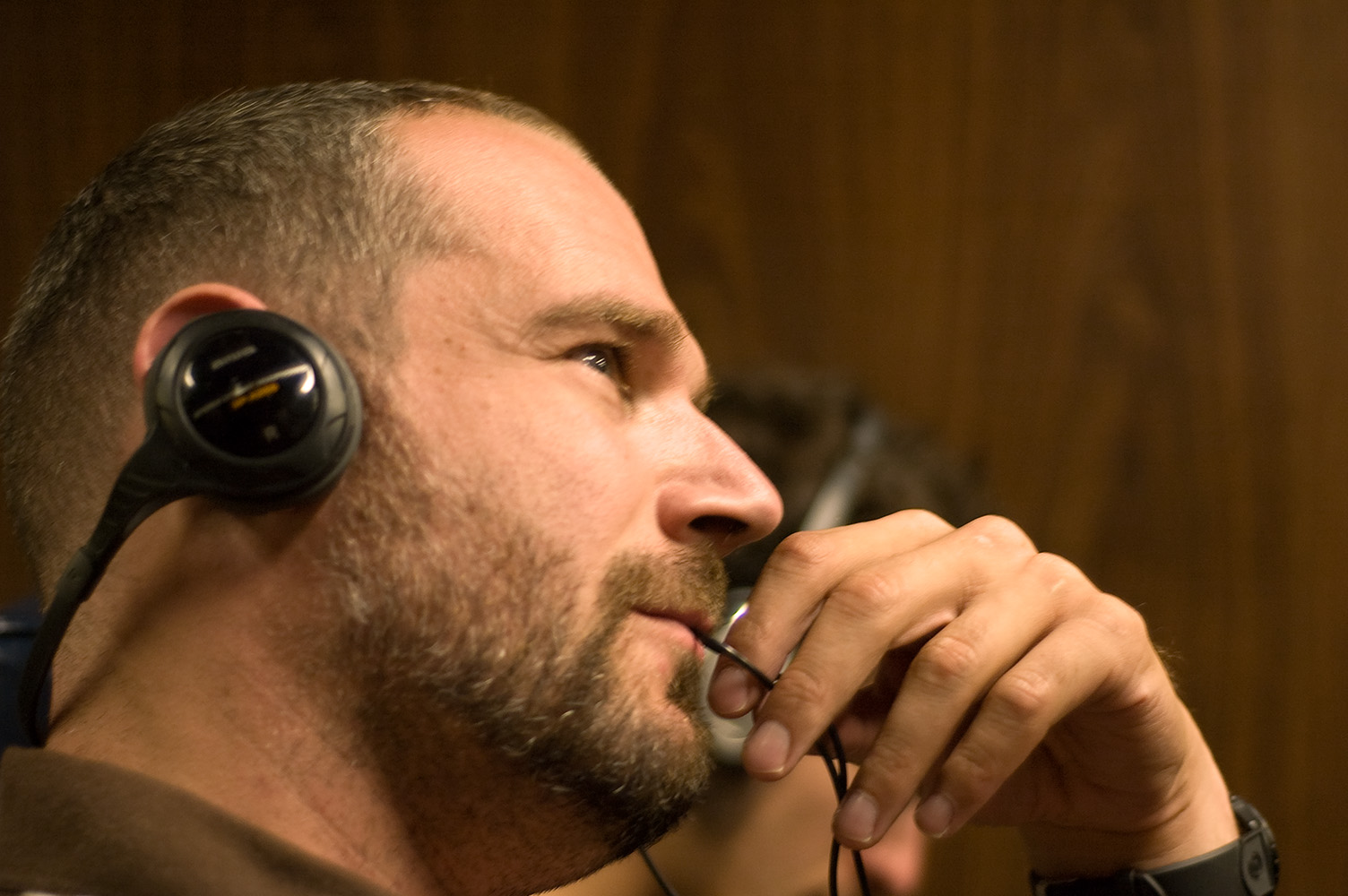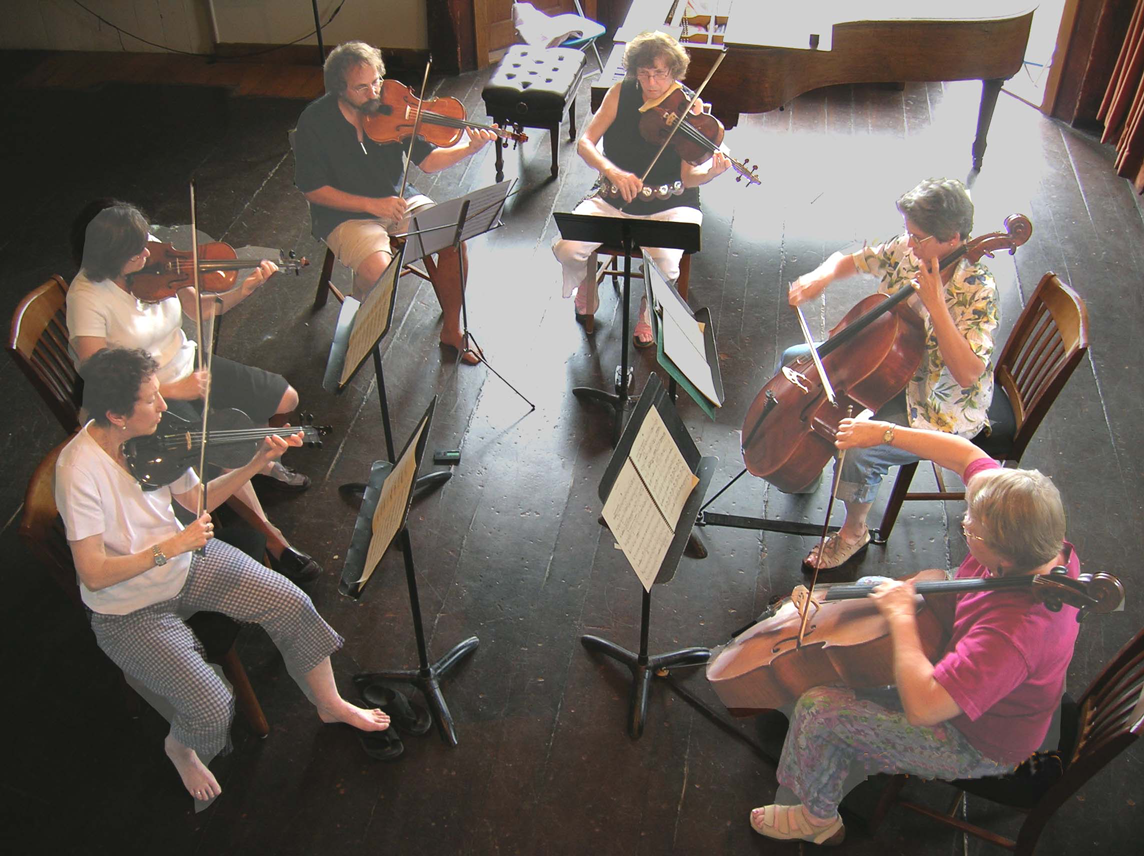Music and the Brain
Guest post by Andrew Boyd
Today, this is your brain on music. The University of Houston presents this series about the machines that make our civilization run, and the people whose ingenuity created them.
Here's a question: why do we like music? In his book The Descent of Man, Charles Darwin wrote "musical notes and rhythm were first acquired by the male or female progenitors of mankind for the sake of charming the opposite sex." More recently, some prominent cognitive psychologists have argued just the opposite. "As far as biological cause and effect are concerned," writes Steven Pinker of Harvard, "music is useless, music could vanish from our species and the rest of our lifestyle would be virtually unchanged."
The question of why we like music is just one of many found in the book This is Your Brain on Music by Daniel Levitin, a respected neuroscientist who spent his early career as a successful recording engineer and producer of rock music. The book's filled with food for thought.

Man enjoying music on the train. Photo Credit: Flickr/David Goehring
Consider, for example, how we recognize a song like Twinkle, Twinkle Little Star.
[Audio Clip]
Research has shown that the brain processes music using absolute pitches. Hook electrodes to the right parts of the brain, run the signals to speakers, and you'll hear Twinkle, Twinkle Little Star in exactly the same key as it was played. This in turn begs the question. If the brain processes actual pitches, not relative pitches, how do we recognize 'the same song' when played in another key? Or even more, when we speed it up, change the instrumentation, and add accompaniment?
[Audio Clip]
Or consider how we recognize sound at all. The song of a bird creates a pressure disturbance in the nearby air. This disturbance is carried outward in the form of a pressure change in the surrounding air, otherwise known as a sound wave. When it arrives at our ears, experience tells us it's the song of a bird.
But here's something quite remarkable. Suppose that someone is running a lawnmower at the same time the bird is singing. The lawnmower creates its own sound wave. But it doesn't arrive at the ear as a separate wave. It mingles with the bird's song and arrives at the ear as a single wave. Yet our brains can clearly and distinctly separate the wave into two sounds -- that of a lawnmower and that of a bird. Throw in the whoosh of a passing car and the hum of an air conditioner and we can separate all of them. For our ears and brains it's easy. Yet, for all practical purposes, it's impossible for today's computers.
There's a lot about music and the brain we don't understand and perhaps never will. But that shouldn't stop us from enjoying music's visceral pleasure, whether found in a grand masterpiece, or just a simple folk tune.
[Audio Clip]

Amateur musicians play at the Raphael Trio Music Workshop in Vermont. Photo Credit:Wikimedia Commons
I'm Andy Boyd at the University of Houston, where we're interested in the way inventive minds work.
(Theme music)
D. Levitin. This is Your Brain on Music. New York: Plume, 2006.
The quotations from Darwin and Pinker were taken from Levitin's book, pages 247-249.
All music by E. A. Boyd.
This episode was first aired on March 10, 2016